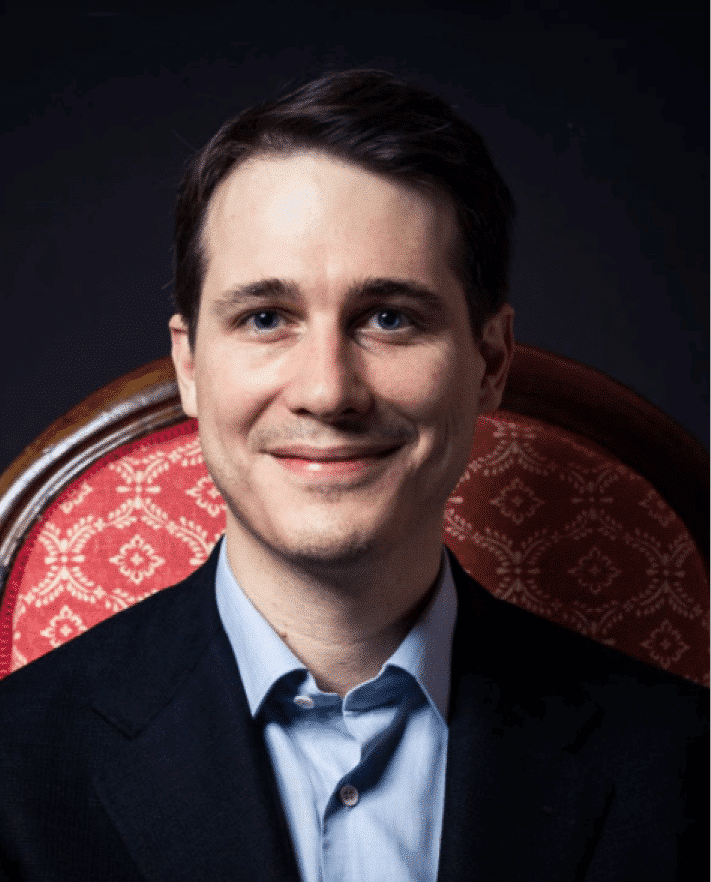Meditation: Discovering the Gold Mine Within
Category: Benefits of Meditation | Buddhist Meditation | Mind Trainer Articles | Mindfulness and Awareness | Popular

All emotions are related to worries about the self. That’s ego: the fact that you are always concerned about your self. Take depression and fear, for example. These emotions arise due to a way of thinking or to a situation you’re dealing with. Is it possible for you to analyze the situation? What are the circumstances that led to these feelings? If you understand the causes, you may be able to distance yourself a little bit from the afflictive states of mind or emotions you’re feeling and the fears that you’re confronted with by deepening your meditation practice and developing self-awareness.
Other instructions related to the practice of meditation can bring a lot of benefit as well. When you really understand how fear and aggression arise out of a concern for the self, you’re better able to discern what should really be feared. Generally, fear is misplaced. For example, you may fear that your life has become meaningless, or that somebody is going to leave you, or that you’ll be faced with another loss. But if you look at the overall situation of life, life is ephemeral and these are things that naturally happen to everyone. Often, they’re unavoidable.
And when it comes down to it, what is truly most important? Is it securing that situation and fulfilling—at least for the time being—your expectations and desires? Or is it being able to develop innate qualities of the mind?
Genuine well-being and happiness are what we seek—and already have.
What qualities of mind can be developed? Greater awareness and stability, and also inner freedom. If you really think about it, you’ll come to understand that the most important thing is not to acquire this or that, but to enhance the innate qualities of mind, such as freedom, peace, clarity and kindness. These qualities are actually already yours. They’re who you are.
Let me give you a traditional image. Imagine that somebody offers you a mythological jewel—let’s call it a wish-fulfilling gem. Whatever you wish, the gem makes it come true. What’s the value of such a gem? You can have everything with it, right? There’s absolutely nothing it can’t produce. You want another planet? It will create one for you. What would be the jewel’s price if you had to buy it? Priceless; nothing could be more valuable because it can produce anything. It’s the most valuable gem in the world.
Imagine that there is such a thing and that you actually have it, okay? But in this example you don’t know that it’s a wish-fulfilling gem! Suppose someone offers you a cup of coffee and says, I’ll give you the coffee if you give me that jewel. And you give it to him for a cup of coffee. You’re using the priceless wish-fulfilling gem to pay for something that’s worth very little. So many things in life are like that cup of coffee; so many things that you put so much energy into are actually quite worthless. Like that cup of coffee, you drink it and it’s over; you experience it and it’s over. In fact most things in life just pass by and then they’re finished.
The jewel is like your mind. If you only use your mind for useless, fleeting things, it’s like spending all your energy on vain and futile pursuits. So if you had such a jewel, what wish would you make? How many cars could you want? How many planets? Even if you had ten planets all to yourself, you’d still have to die one day. Planets are impermanent, you’re impermanent, depression, happiness, fear, fame and emotions are passing. Everything passes.
Okay then, so what would be the best wish you could make? That’s the question you should think about! Let me give you a hint. I think that what we’re all somehow unconsciously searching for, whether our conscious quest concerns material things or fame or whatever, is genuine well-being and true freedom. That’s what you should ask for. And they’re potentially already within you. But since you’re always giving them away for useless things, you’re never making the right wish. If you make the right wish, then it can actually be fulfilled because it’s something you already have. Nobody has to give it to you. No god or wealthy person can sell it to you. You already have it. If you understand this, it’s just like finding a gold mine: all you have to do is make use of it.
The only thing that’s been stopping you until now is misguided mind. Because of confusion, you’ve been looking for and are emotionally entangled with ephemeral, external things. But the gold mine—the gold mind—is already within you. You just need to put it to use. That’s the link between meditation and happiness. Happiness happens when, through meditation, the mind awakens to its reality. Well-being, happiness, freedom, clarity: these are all wishes that you can fulfill because they are already part of your nature.






